|
|
|
Editor's note
|
|
Economists have not been great at taking into account the social impact of their policy prescripts. But this is beginning to change. If the IMF is to contribute to the reduction of inequality, Tim Forster, Bernhard Reinsberg and Thomas Stubbs argue that the fund must reconsider the types of conditions included in its lending programmes. Danny Bradlow, on the other hand, explains why it’s important for
central banks to factor in the likely impact of their work on human rights.
Revisiting history can be invaluable to understanding the present. This week academics cast their eyes back to events in South Africa’s past. Nancy L. Clark sets out how the country came by its state-owned enterprises, which are currently at the centre of major corruption scandals. She traces the genesis of the big ones - such as the power utility Eskom - back to Paul Kruger’s Zuid Afrikaansche Republiek, explaining that they eventually prospered because of cooperation with the private sector and the use of cheap African labour. The challenge today is that they must adapt to current conditions if they’re going to survive.
From the UK, Sue Onslow and Martin Plaut review recently released documents from the national archives that reveal, for the first time, the intense period of international diplomacy that helped South Africa pull off a smooth transition from apartheid.
|
Jabulani Sikhakhane
Deputy Editor and Business & Economy Editor
|

|
|
Top Stories
|
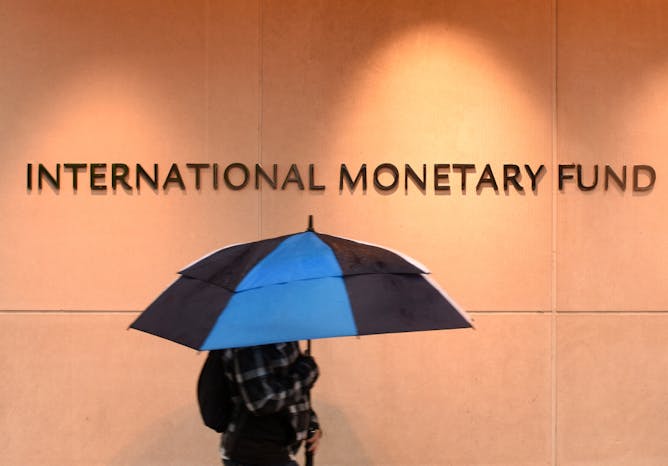
The IMF headquarters in Washington DC.
Shutterstock
Timon Forster, Freie Universität Berlin; Bernhard Reinsberg, University of Glasgow; Thomas Stubbs, Royal Holloway
The IMF has increasingly turned its focus to growing inequality worldwide. Ironically, research shows that policy reforms it mandated exacerbated income inequalities.
|

The Central Bank of Kenya has financial inclusion in its stewardship of the financial system.
Shutterstock
Danny Bradlow, University of Pretoria
A human rights approach offers central banks a new tool for understanding the true costs and benefits of their operations.
|
A taste of history
|
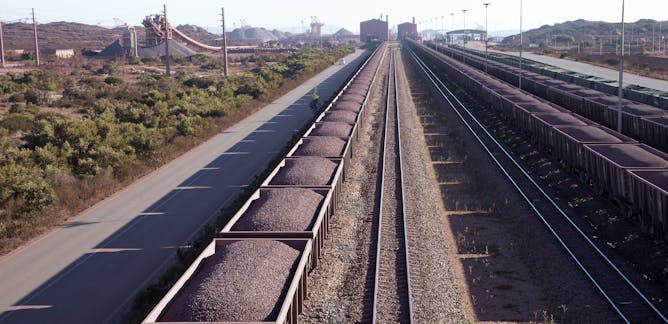
Nancy L Clark, Louisiana State University
Though formed by the state, Eskom and Iscor enjoyed very little state support in their infancy. To survive, they had to cooperate with the private sector companies they were meant to compete with.
| |
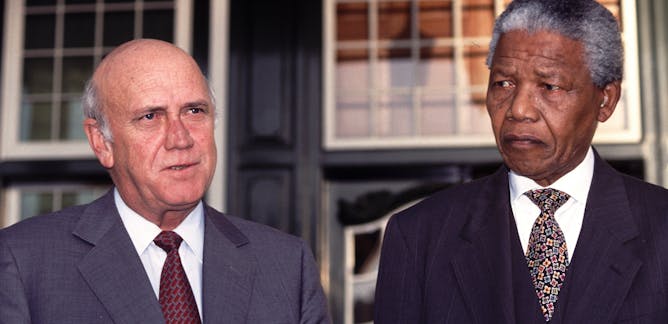
Sue Onslow, School of Advanced Study; Martin Plaut, School of Advanced Study
The April 1994 election proved to be a watershed for South Africa.
|
|
|
HIV and Aids
|
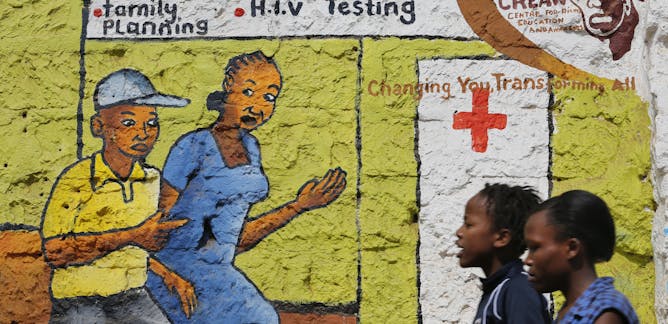
Makobu Kimani, Kenya Medical Research Institute
The government needs to revise national guidelines to better target PrEP at those that would most benefit from it.
| |
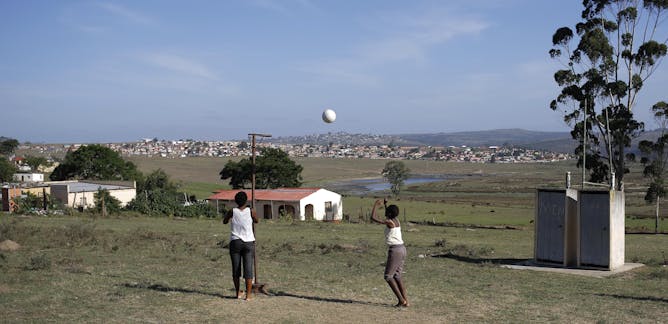
Franziska Meinck, University of Oxford
Adolescent girls experience a number of vulnerabilities which incease their risk of engaging in risky sexual behaviours.
|
|
|
Business + Economy
|
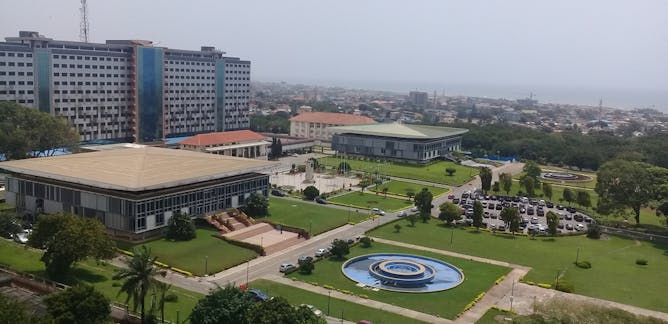
Adu Owusu Sarkodie, University of Ghana
Ghana is taking advantage of its strategic location in Africa
| |

Alex Lenferna, University of Washington
The fossil fuel industry depends on massive government support, which makes the public foot the bill for a harmful and uncompetitive industry.
|
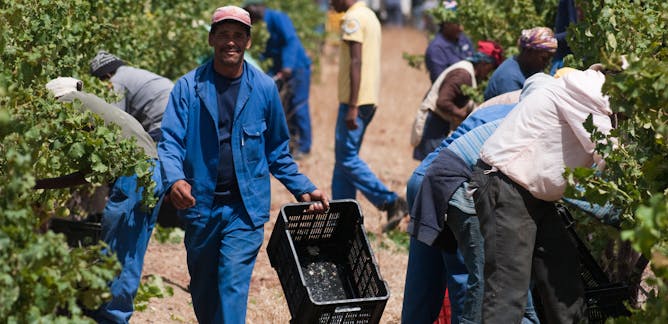
Luke Metelerkamp, Rhodes University
Agriculture appears to carry a stronger set of negative stigmas than other careers, but this is only half the story.
| |

Benjamin Roberts, Human Sciences Research Council; Jare Struwig, Human Sciences Research Council; Narnia Bohler-Muller, University of Fort Hare; Steven Gordon, Human Sciences Research Council
The governments needs to adjust its agenda to take on board concerns voiced by citizens about the impact of technological changes.
|
|
|
Politics + Society
|
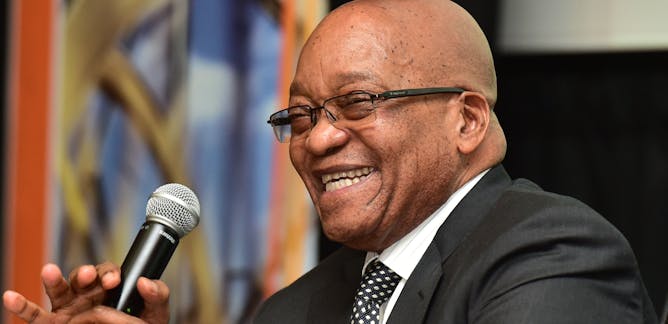
Mark Swilling, Stellenbosch University
South Africans may well be seduced by the prospect of Zuma appearing at the Zondo commission, but he was not alone in driving the state capture project.
| |
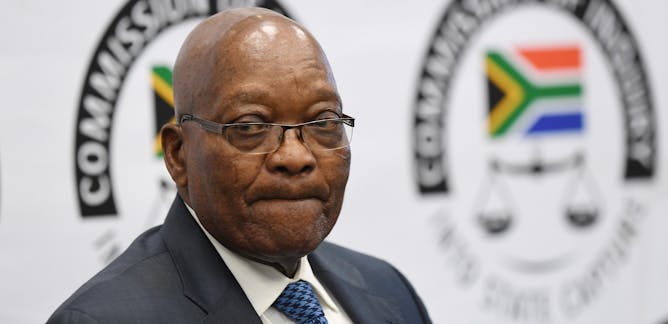
Roger Southall, University of the Witwatersrand
Trump and Zuma seek to sell explanations of their misfortunes to the socially insecure and economically vulnerable. To an alarming extent they succeed.
|
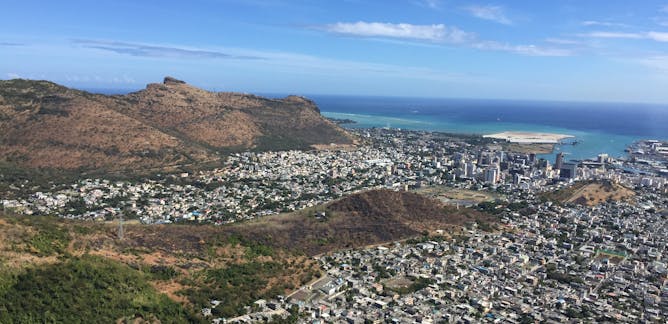
Jess Auerbach, Open University of Mauritius
A significant change in political mentality is required to shore up one of Africa's leading lights.
| |
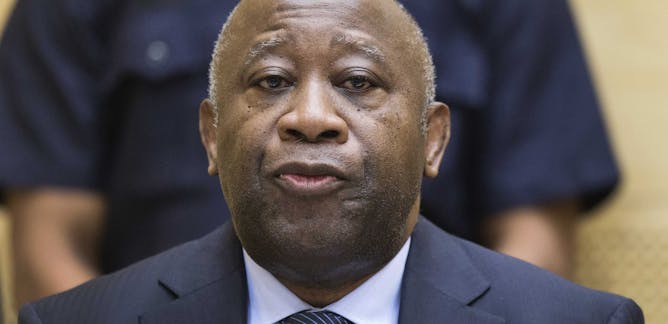
Marco Bocchese, University of Illinois at Chicago
African leaders who have sought ICC involvement have all seen the court as being beneficial to the survival of their governments.
|
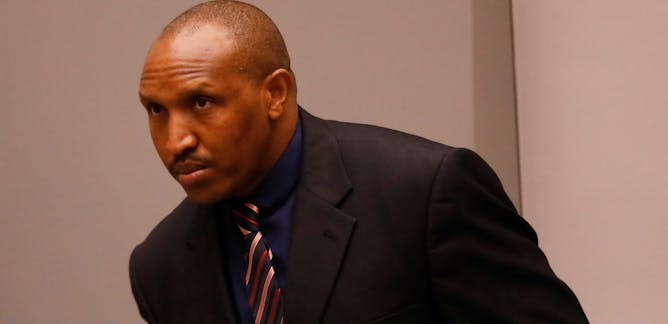
Kerstin Carlson, University of Southern Denmark
Ntaganda's conviction represents real progress, and an actual significant victory, for the ICC.
| |

Lindy Heinecken, Stellenbosch University
The biggest problem with using the military to fight rime is that soldiers are not trained for law enforcement, but warfare, using maximum force.
|
|
|
Podcasts
|

Ozayr Patel, The Conversation
In South Africa, it is possible to be employed and still poor.
| |
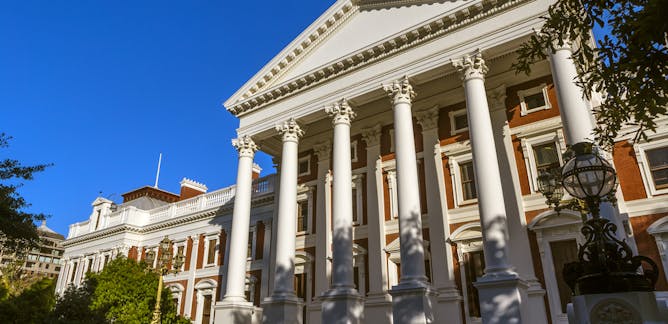
Ozayr Patel, The Conversation
Appointing a credible director can be a step in the right direction for South Africa's parliamentary budget office.
|
|
|
| |
| |
| |
| |
Would you like to republish any of these articles?
|
|
It’s free to republish, here are the guidelines.
Contact us on africa-republish@theconversation.com in case you need assistance.
|
| |
| |
| |
| |
|
|
|
|
|
|
|